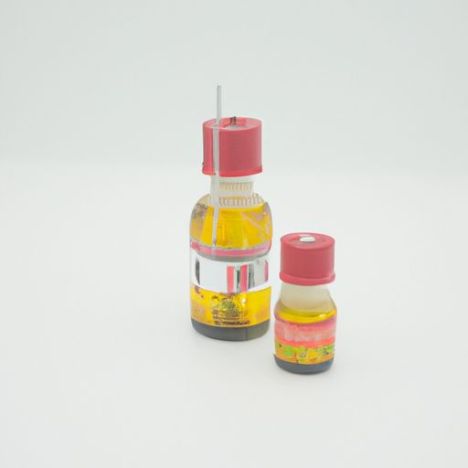Table of Contents
فوائد استخدام منظمات نمو النبات في الزراعة
فهم دور كلوريد الكلورمكوات في تنظيم نمو النبات
بشكل عام، يعد كلوريد الكلورمكوات أداة قيمة للمزارعين الذين يتطلعون إلى تحسين نمو النبات وإنتاجيته. من خلال التحكم في ارتفاع النبات، وتحسين نمو الجذور، وتعزيز تحمل الإجهاد، يمكن أن يساعد كلوريد الكلورميكوات المزارعين على تحقيق غلات أعلى ومحاصيل ذات جودة أفضل. ومع ذلك، من المهم استخدام كلوريد الكلورميكوات بطريقة مسؤولة ووفقًا لتعليمات الملصق لتجنب التأثيرات السلبية على صحة النبات والبيئة. مع الإدارة السليمة، يمكن أن يكون كلوريد الكلورميكوات أحد الأصول القيمة في مجموعة أدوات الزراعة الحديثة، مما يساعد على مواجهة تحديات تغذية عدد متزايد من سكان العالم مع تقليل التأثير البيئي.
Chlormequat chloride, also known as CCC, is a Plant Growth Regulator that has been widely used in Agriculture for many years. Its chemical formula is C5H13Cl2N, and it is classified as a quaternary ammonium compound. Chlormequat chloride is a white crystalline solid that is soluble in water, making it easy to apply to plants either through foliar spray or soil drench.
One of the key benefits of chlormequat chloride is its ability to inhibit the production of gibberellins, which are plant hormones that promote stem elongation. By suppressing gibberellin synthesis, chlormequat chloride helps to control plant height and reduce lodging, especially in cereal crops such as Wheat, Barley, and Rice. This can be particularly important in areas prone to strong winds or heavy rainfall, where lodging can Lead to significant yield losses.
In addition to its role in controlling plant height, chlormequat chloride also has other effects on plant growth and development. Studies have shown that chlormequat chloride can increase root growth, improve nutrient uptake, and enhance stress tolerance in plants. These effects can be particularly beneficial in challenging growing conditions, such as drought or salinity stress, where plants may struggle to access water and nutrients from the soil.
Chlormequat chloride is typically applied at low concentrations, ranging from 10 to 100 parts per million (ppm), depending on the crop and growth stage. It is important to note that chlormequat chloride is a growth regulator and not a Fertilizer, so it should be used in conjunction with a balanced nutrient management program to maximize its benefits. Overuse of chlormequat chloride can lead to phytotoxicity and reduced plant growth, so it is important to follow label instructions and apply the product judiciously.
Research has also shown that chlormequat chloride can have indirect effects on plant growth by altering gene expression and hormone signaling pathways. For example, chlormequat chloride has been found to upregulate genes involved in stress responses and defense mechanisms, leading to improved plant resilience in the face of environmental challenges. These findings highlight the complex interactions between chlormequat chloride and plant physiology, underscoring the need for further research to fully understand its mode of action.

Overall, chlormequat chloride is a valuable tool for growers looking to optimize plant growth and productivity. By controlling plant height, improving root growth, and enhancing stress tolerance, chlormequat chloride can help farmers achieve higher yields and better quality crops. However, it is important to use chlormequat chloride responsibly and in accordance with label instructions to avoid negative impacts on plant health and the Environment. With proper management, chlormequat chloride can be a valuable asset in the toolbox of modern agriculture, helping to meet the challenges of feeding a growing global population while minimizing environmental impact.

